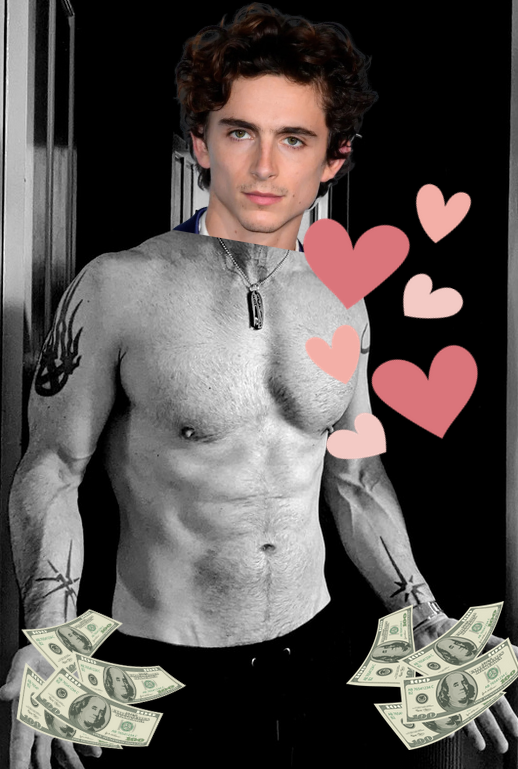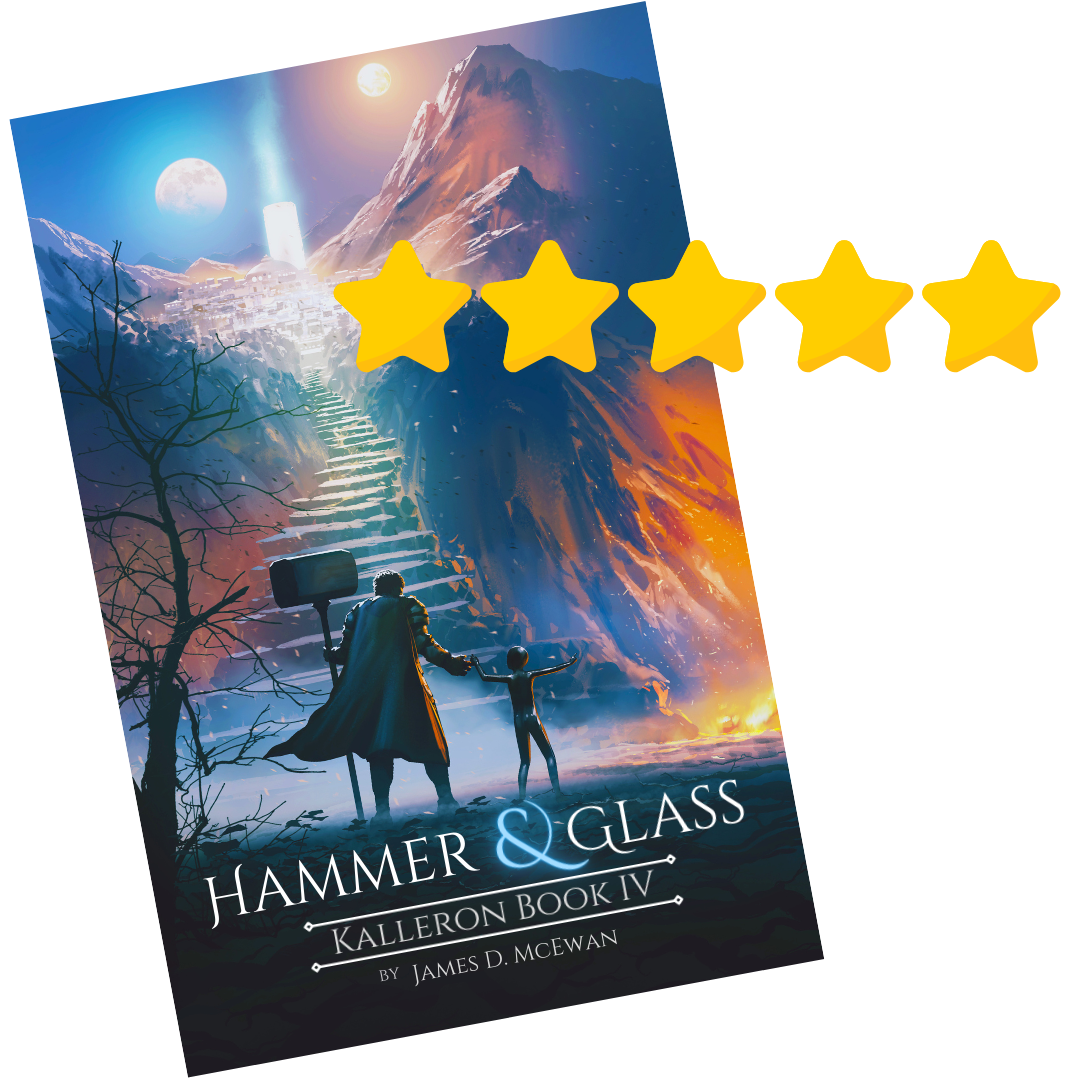Independent Author – A Pretentious Way of Saying Failure?
Independent Author – A Pretentious Way of Saying Failure?
My wife will probably hit for me writing this post. I wouldn’t blame her; she’s been my rock-solid source of support throughout this journey. Technically, as I’ve mentioned before—it’s her fault. She was the key to persuading me to give up the soul-destroying day-job. Free of that gloomy cloud (which severely inhibited any writerly drive), I strolled into creative freedom, where it now pisses down on me 24/7. Some days I can see the rainbow, but that means it’s still raining. I know I sound defeated and desperate. But I’m not. I’m doing great things—the traditional literary world just hasn’t noticed yet.
I’m a fifty-year-old anonymous white dude on the cusp of wrinkly degradation. The publishing world has become somewhat oblivious of old buggers like me who don’t have an instant (and cash rich) fan-base. I’m about as sexy as a myopic tortoise, although my shell is damn fine. If I were from the Testudinidae family, I’d be a buff old tortoise. So, there is that. My point is, I’m not a ready-packaged sales success, and that’s what publishers want. Maybe I should send topless shots with a photoshopped head of Timothée Chalamet to prospective agents to improve my appeal?

I never intended to be an independent author. I used to see it as an admission of failure. But in time, as my writing improved, and I received professional feedback, I understood more of what was required to achieve success. Do you know what wasn’t required? Talent. Well, that’s not strictly true. If you have talent, and you get the right agent on the right day with the right manuscript, you’ve a good chance of getting their attention. What’s more important is the voodoo magic of pitching your manuscript and having an obsessive knowledge about the current market. You sell your story as a copycat version of another successful author to an agent you can socially engineer. In other words, your pitch needs to be better than your story, which means if you have a mediocre story and a brilliant pitch—you win. Your chances of getting an agent improve if you see them at a talk or convention, and spark up a conversation. They’re human, after all. If you make a positive impression, then any future submissions are more likely to be noticed. If the submission letter contains history the agent coincidentally shares, that can also make the spark. The old saying rings true in the literary world: it’s not what you know, it’s who you know.
I don’t know anybody in the publishing world, and I’ve no famous friends. I’m also not a nepo-baby whose work gets published on account of familial privilege. It’s also a fact that the stories I write are original ideas. I’m a genre agnostic, and I don’t copy any market influence. I’d even say I’m on the spectrum on that front. Authors and their worlds are my nemesis. My fear is that I will assimilate their ideas and they’ll corrupt my own. Originality requires a bubble of extreme prejudice. I don’t want external thoughts to poke through my cosy shell. This is my world—get the hell out! No—not you. You can stay. Keep reading, please.
The original question was: Is being an independent author a pretentious way of admitting failure? Hopefully, you’re seeing the primary driver of what motivates a writer to go it alone. It’s not that I’ve given up on agents. I still submit work and it still gets rejected. What I now understand is that literary agents (for all their sparkle and loveliness) are part of the trundling behemoth that is traditional publishing. To that sector of corporate capitalism, I am a risk not worth taking. I’m an unknown quantity with limited social media reach. Again, the thought arises of a Timothée Chalamet hybrid that might crack the literary world apart.
I’ve tried the traditional route. I’ve been writing novels, on and off, since 2002. To better myself, I hired an editor to critique my writing and educate me on my mistakes. After all of this, I decided to self-publish on the advice of others who said my story was brilliant. I agreed. Hammer & Glass (Kalleron Book IV) is a unique breath of fresh air for the fantasy genre. Since then (Nov 2022), I’ve released three Kalleron prequel stories and M7RRORS, a work of literary fiction that examines severe mental illness. Now I’m writing a Sci-Fi which is so far off-base I might as well send agents pictures of my ass instead of submission letters. Maybe I’ll send them AI generated pics of Timothée Chalamet’s pert young bum. The world’s so messed up it might just work.

There is another side to this story. A lot of writers don’t even bother with editors. They don’t bother trying the traditional route. The publishing world has changed, and anybody, irrespective of ability, can publish a story. This is good. But it’s also very worrying. It is what puts the emphasis on the title of this post: are indie-authors failures? I belong to a subset of writers the traditional world has rejected, but also another group who haven’t even tried. Just as the traditional publishing world is guilty of releasing some bloody awful books, so too, the indie-author world has a problem with low-quality work. Worse, we now have AI generated content. It’s a frightening time to be a struggling indie-author. The market is crammed with books written by everyone and their dog (possibly about their dog. Or space dogs with guns.) The corporate houses are crawling back into their shells and pumping out the same old formulaic crap. It’s a lose-lose situation. It’s a brutal equation (kudos to the 90s industrial hip-hop band, Consolidated.)
Back to the question. Am I, James D. McEwan, a failure? Emphatically, no. The worlds I have created are replete with rich and diverse characters. The plots are imaginative and watertight (did you know I hate lazy writing?) The worlds are epic and don’t regurgitate the same old tropes. And my prose (as reviewed) is—and I quote—“accomplished.” I’m an original story-teller. A world-builder. The failure is not with what I do, but with the modern world in which I do it.
As Kor’A would say. I am.
.png)